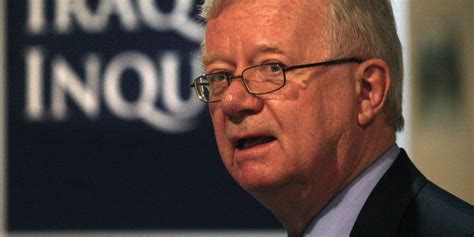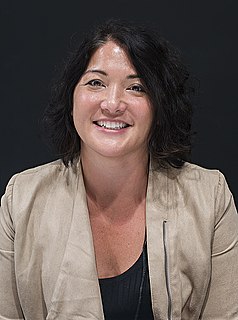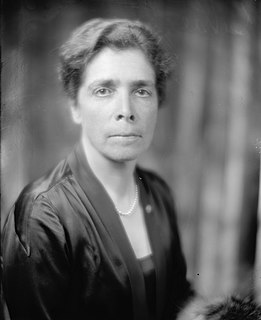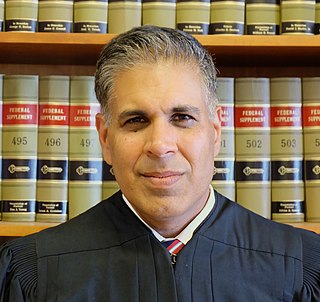A Quote by John Chilcot
We are not a court - not a judge or jury at work - but we've tried to apply the highest possible standards of rigorous analysis to the evidence where we make a criticism.
Related Quotes
I'm no idealist to believe firmly in the integrity of our courts and in the jury system -- that is no ideal to me, it is a living, working reality. Gentlemen, a court is no better than each man of you sitting before me on this jury. A court is only as sound as its jury, and a jury is only as sound as the men who make it up.
Jurors have found, again and again, and at critical moments, according to what is their sense of the rational and just. If their sense of justice has gone one way, and the case another, they have found "against the evidence," ... the English common law rests upon a bargain between the Law and the people: The jury box is where the people come into the court: The judge watches them and the people watch back. A jury is the place where the bargain is struck. The jury attends in judgment, not only upon the accused, but also upon the justice and the humanity of the Law.
I believed there was enough evidence to go to trial. Grand jury said there wasn't. Okay, fine. Do I have a right to disagree with the grand jury? Many Americans believe O.J. Simpson was guilty. A jury said he wasn't. So I have as much right to question a jury as they do. Does it make somebody a racist? No! They just disagreed with the jury. So did I.
There was danger at times that women might not be judged by the highest standards, but more leniently because of their sex. "She is a remarkably good chemist--for a woman," you might hear a man say. It seemed to me essential, if the ablest young women scholars were to achieve the best work of which they were capable, that they should be held to the most rigorous standards. ...To advance, a woman must do at least as good work as her male colleagues, usually better.
But you begin to feel as you go on working that unless painting proves its right to exist by being critical and self-judging, it has no reason to exist at all - or is not even possible. The canvas is a court where the artist is prosecutor, defendant, jury and judge. Art without a trial disappears at a glance.
The average juror is not Mr. Spock. If he were, then a trial-court judge's job would be much easier. He could instruct the jury in broad strokes - instructing only as to the bare elements of the crime, perhaps - and be confident that the jury would deduce all of the finer-grained implications that must logically follow.


































